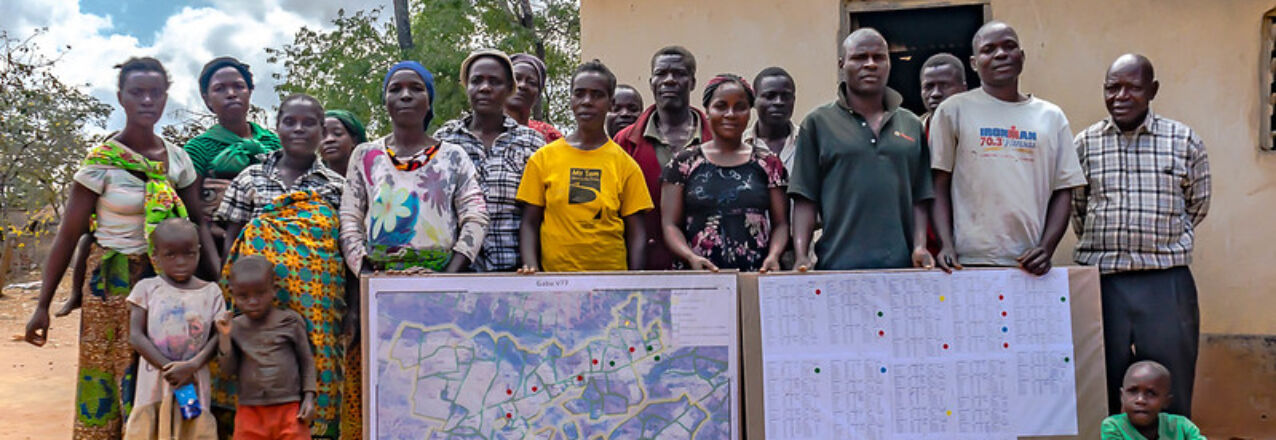This report presents the results of a mixed-methods randomized-controlled trial (RCT) impact evaluation (IE) of the Tenure and Global Climate Change (TGCC) activity in Zambia. The purpose of this follow-on IE is to provide USAID with evidence of the longer-term impacts of TGCC’s customary land formalization and agroforestry components on six different families of outcomes: tenure security; land governance; agroforestry uptake and other climate-smart agricultural investments; agricultural productivity; livelihoods; and food security and women’s empowerment. The IE was conducted by NORC at the University of Chicago under the Communications, Evidence and Learning (CEL) project.
The impact analysis for this IE draws on 3 rounds of household panel survey data collected from 2,313 households across 246 villages, in 2014 (baseline), 2017 (endline) and 2021 (follow-on). Overall conclusions integrate the results from the statistical estimates of impact with additional exploratory analyses, descriptive summary statistics and qualitative data collected across 32 villages at follow-on.
The evaluation findings:
- Establish longer-term impacts of the TGCC activity nearly seven years after program start;
- Deepen the knowledge base on efforts to strengthen women’s rights and access to land, and
- Contribute to informing USAID strategy and programming in land and related sectors.
As one of few RCTs conducted to date in the land sector, the TGCC follow-on IE also contributes to a growing body of evidence on the effects of customary land certification, for whom, and reasons why, across a range of country and customary land contexts in sub-Saharan Africa.


